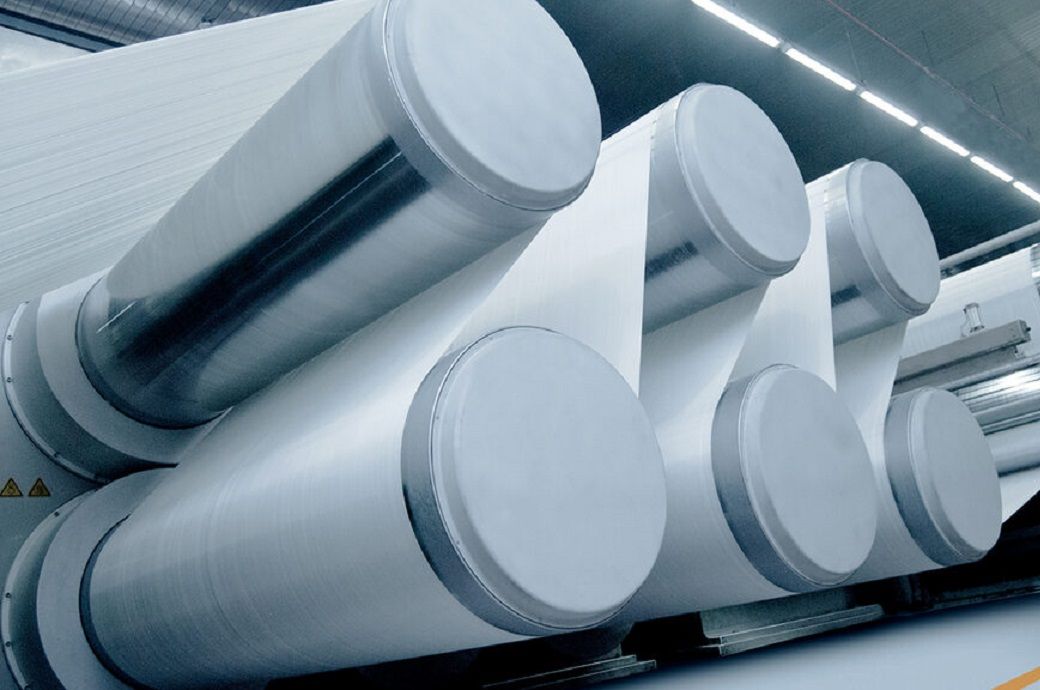
Between December 8–13 this year, more than 1,800 exhibitors and over 150,000 visitors are expected at the international trade fair, according to a press release by Oerlikon.
In addition to various new component exhibits from the fields of continuous polycondensation including gear metring pumps, filament (POY, FDY, IDY, BCF) and staple fibre spinning, texturing as well as nonwovens production, the dialogue with all customers will now more than ever after almost six years without an ITME in India be again at the centre of the trade show activities.
For Oerlikon, this will be the third major appearance in the region in the fourth quarter of this year, after having had in November two customer events in Daman, India and Dhaka, Bangladesh. This is also because the important markets of India and Bangladesh are currently still standing out in terms of their investment behaviour and offer good opportunities for further polymer processing projects.
More than 250 participants discussed the technology and market analysis presentations held by Oerlikon experts, at the Oerlikon Technology Symposium in Daman, India. Afterwards, all guests celebrated the 100th anniversary of Oerlikon Barmag and the 75th independence of India with a big gala event.
India right now continues to have above-average economic growth with a 6.8 per cent gross domestic product (GDP) for 2022. Experts speak of “a bright spot in a global gloom”. The textile industry in India is one of the largest in the world with a large raw material base and manufacturing strength across the value chain. It is the second-largest producer of MMF Fibre and the sixth largest exporter of textiles and apparel in the world.
India became the second-largest manufacturer of Personal Protective Equipment (PPE) kits in the world. The country is the sixth largest producer of technical textiles with a 6 per cent Global Share (12 per cent CAGR), the largest producer of cotton and jute in the world.
The share of textile, apparel, and handicrafts in India’s total exports was 10.62 per cent in 2021-22.
The textile industry in India is one of the largest economic sectors that contributes the most to job creation in the country. It engages 16.73 lakh people consisting of 10.28 per cent of the total employment share.
The domestic apparel and textile industry in India contributes 2.3 per cent to the country’s GDP, 7 per cent of industry output in value terms. The domestic textiles and apparel industry stood at $152 billion in 2021.
“Major growth of textiles will come from manmade fibre industry”, said Piyush Goyal, Union minister of textiles, consumer affairs, food and public distribution, and commerce and industry at the end of October in India. He suggested that the industry members should understand each other and work in synergy to amicably resolve the issues among the producers and users of polyester in the entire value chain. Industry representatives responded that they are hopeful of achieving the export of $100 billion in the next five to six years.
In India, however, things continue to go very well for Oerlikon in other respects. In the middle of the year, the joint venture Oerlikon Barmag Huitong (Yangzhou) Engineering Co Ltd also recorded a major success. Oerlikon was able to commission a 300 tons per day film-grade continuous polycondensation plant at the Indian customer Sumilon.
Sumilon Industries Limited started in 1970, with trading activity and first manufacturing in 1977. Currently the largest manufacturer and exporter of metallic yarn and one of the leading manufacturers of BOPET film, metallised film, and lacquered film. Sumilon has always been committed to the goal that quality is everything, creating new technologies and enabling safer materials for all.
In fact, the COVID-19 pandemic has also had a serious impact on the project, such as project site installation, commissioning, start-up, and so on. But the teams of Oerlikon and Sumilon worked closely together, constantly exploring new train of thought, entirely guiding on-site installation and commissioning, remotely controlling DCS system to run, and using modern means of hardware and software, the one-off start-up of 300T/D CP plant has been smoothly achieved, and the device is now stable in operation.
Bangladesh still has huge potential, especially for the manmade fibre industry. In the so-called downstream (weaving, knitting, finishing, etc), the country is already very advanced, but what is missing is its own raw material production (MEG, PTA) and its processing in a continuous polycondensation plant, as supplied by Oerlikon. With Modern Syntex, however, the first “From Melt to Yarn and Fibres” plant is currently being built in Chittagong, Bangladesh.
Sharing some facts and figures about Bangladesh, Oerlikon said, with more than 164 million inhabitants, it is the eighth largest country in the world in terms of population. This makes it one of the most densely populated countries in the world.
The economy of the up-and-coming country continues to grow rapidly, even during the COVID-19 pandemic, and the poverty rate has been halved since 2000. By 2026, Bangladesh will have officially left the status of a Least Developed Country (LDC), and by 2041, the country aims to become a high-income industrialised country (HIC).
Bangladesh’s economic success is primarily based on its textile industry, which accounts for 10 per cent of the gross national product and 80 per cent of the export earnings, added the release.
With a colourful and informative event, held in the capital Dhaka, more than 200 invited guests celebrated the 100th anniversary of Oerlikon Barmag and the 50th anniversary of independence and liberty of Bangladesh. Dhaka mayor Md Atiqul Islam emphasised the importance of the textile industry for his country and held out the prospect of further investments, especially in the field of manmade fibre production.
Fibre2Fashion News Desk (NB)